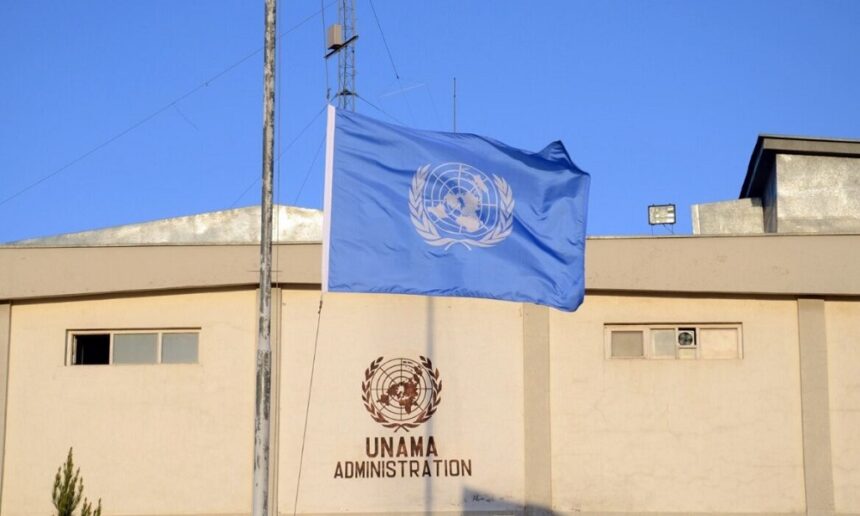The United Nations Assistance Mission in Afghanistan (UNAMA) has announced that more than $400 million in funding will be required to support the reintegration of Afghan returnees in 2025.
In a statement posted on its official Facebook page on Wednesday, May 7, UNAMA detailed that $64 million is urgently needed for emergency assistance at border crossings, while an additional $350 million is required to support approximately 600,000 returnees and affected communities in rebuilding their lives.
“We call on donors not only to invest in emergency assistance, but also in long-term capacity building to help break the cycle of displacement and instability,” the statement read.
UNAMA’s funding appeal is part of the “Integrated Response Plan” to address the anticipated crisis stemming from the mass return of Afghan migrants from Pakistan in 2025.
The plan, jointly developed by the United Nations and various non-governmental organizations (NGOs), aims to deliver immediate aid at border entry points and provide medium- to long-term support for sustainable reintegration in designated “return areas.”
According to the UN, the strategy is grounded in the principle that sustainable reintegration must combine urgent humanitarian assistance at the borders and in return areas with broader support for affected communities over time.
The plan will be implemented through national and regional working groups focused on durable solutions, aligning short-term relief efforts with longer-term development and stability initiatives. Over 250,000 Afghan refugees returned last month.
More than 250,000 Afghan refugees returned home from neighboring Pakistan and Iran in April, the United Nations High Commissioner for Refugees (UNHCR) reported this week. Nearly seven million Afghan refugees are living outside the country, a large percentage of whom live in Pakistan and Iran.
Last year, the Pakistani government said it would expel as many as three million Afghans this year.
Iran has also called on undocumented Afghans living in the country to return home. However, with the high levels of poverty and unemployment in Afghanistan, the returning refugees are in urgent need of assistance.
However, funding cuts in humanitarian assistance have had a huge impact on the level of assistance that organizations can provide.













